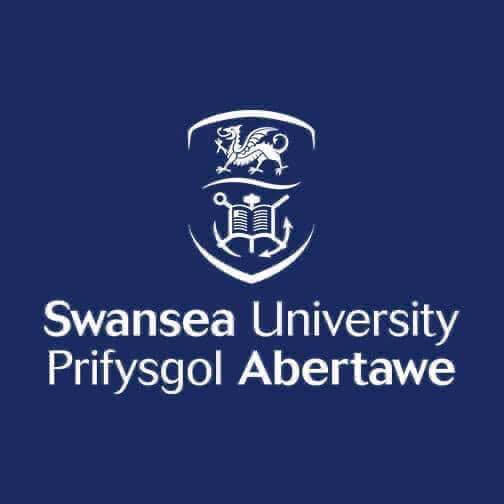fees waived
Chemical Engineering, MEng (Hons)
Swansea University, United Kingdom
Subject ranking
UK / Guardian 2025 12th
UK / Times 2025 14th
UK / CUG 2026 18th
Costs
food & rentS$17.2K / year
Entry requirements
Scholarships
Limited quantity
Limited quantity
Limited quantity
Information
Code
Code
Intakes
Website (External)
Programmes
Information
Duration
2029
Chemical engineers design, operate, and optimise chemical and physical processes to convert raw materials into valuable products, while ensuring safe and environmentally friendly disposal of by-products. This Swansea University course equips students with skills for modern process engineering, including analytical tools to solve industry problems and a pathway to Chartered Engineer status. It features industrial visits to companies like Valero and Tata Steel, with modules covering areas such as fluid mechanics, reactor design, and environmental engineering across four years.Key facilities include atomic force microscopy, fermentation rigs, and membrane separation systems. The program is professionally accredited by the Institution of Chemical Engineers, providing industry recognition, and includes a conditional offer guarantee subject to entry requirements. Typical studies encompass foundational topics in year one, advancing to complex fluids and industrial practice in later years.
Areas studied typically include: Year one: Chemical Engineering Science, Chemical Process Principles, Engineering Analysis, Fluid Mechanics, Heat Transfer, Instrumental and Analytical Chemistry, Introductory Organic Chemistry Year two: Biochemical Engineering Principles, Fluid Flow, Instrumentation Measurement and Control, Process and Pilot Plant Operations, Process Design and Simulation, Process Modelling, Reactor Design, Separation Processes, Thermodynamics of Process Design Year three: Applied Process Engineering, Chemical Engineering Design Project, Energy and Low Carbon Technologies, Environmental Engineering Practice, Particulate Systems, Reactor Design, Safety and loss Prevention Year four (MEng): Chemical and Environmental Design, Colloid and Interface Science, Complex Fluids and Rheology, Industrial Engineering and Research Practice
A local representative of Swansea University in Singapore is available online to assist you with enquiries about this course.

